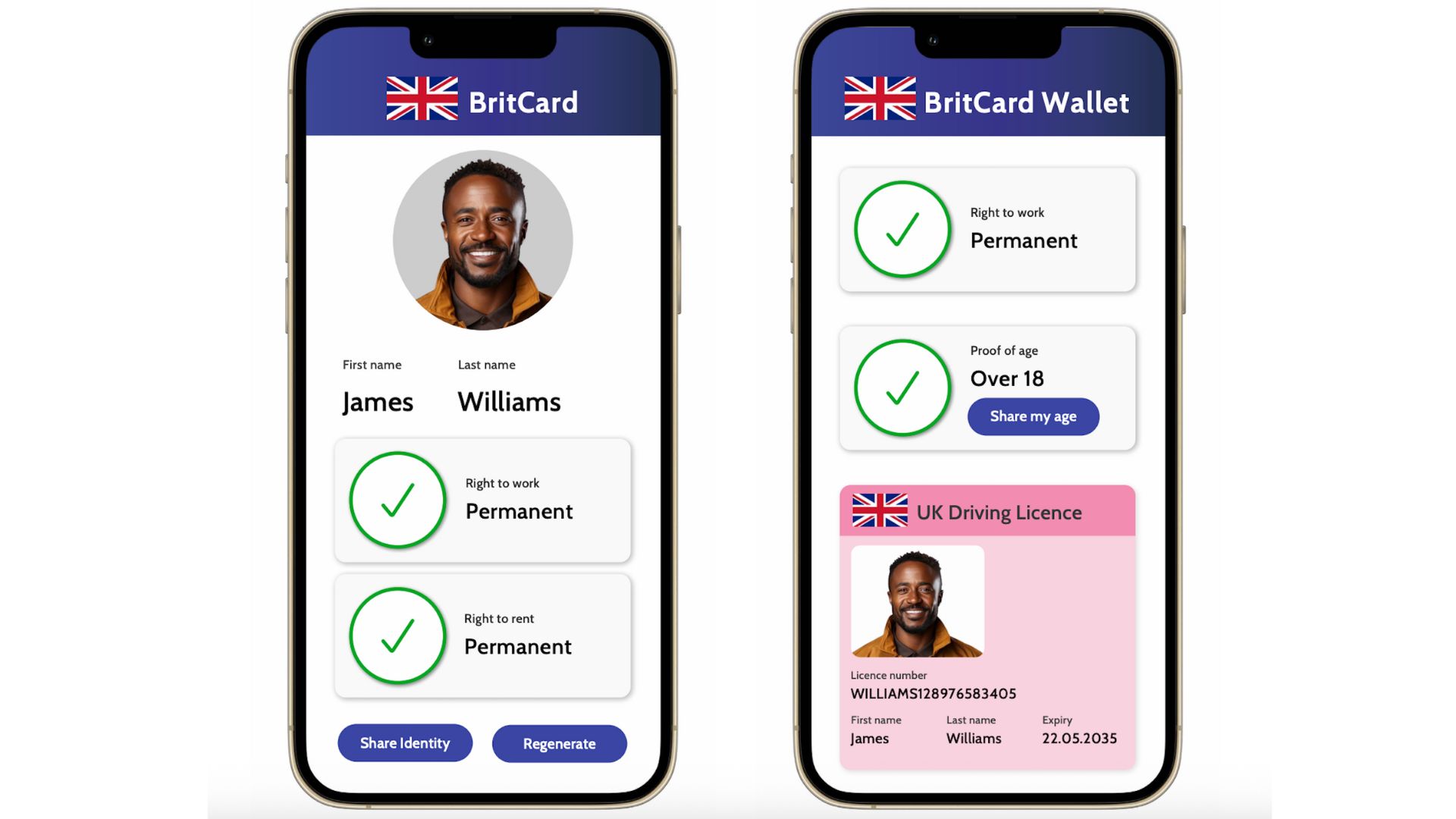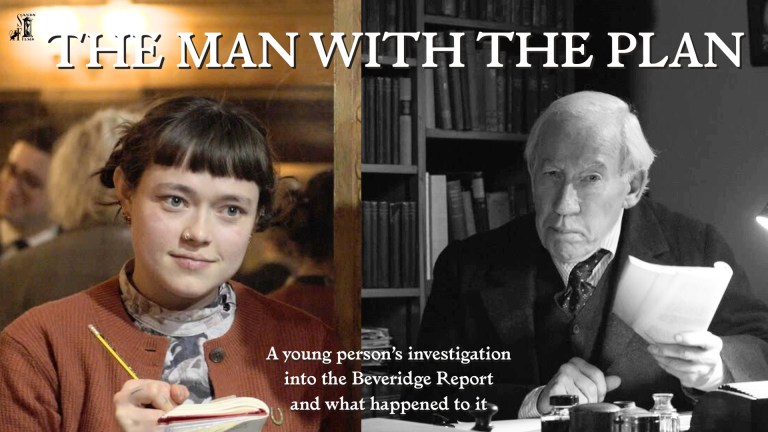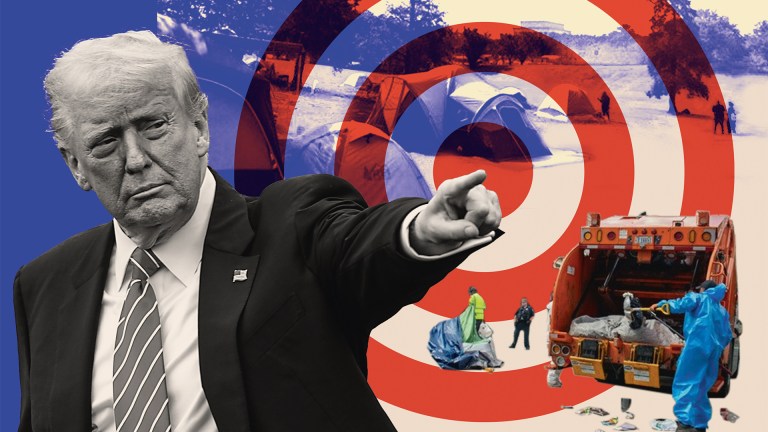If BritCard is mandatory, we risk further erasing people in these situations behind a neat story of “universal ID”.
Read more:
The reality of ID poverty
I worked in government for more than five years, including as a user researcher on universal credit during the pandemic. My job was making sure people got the money they were entitled to, and that meant proving who they were.
I saw people turn up to the Jobcentre carrying plastic wallets or whole ring binders full of papers: payslips, NHS letters, school certificates. Some were neatly labelled, others a jumble, grabbed in a panic. Some arrived with nothing at all; recent immigrants, people leaving prison, people whose violent ex had destroyed their documents.
The one thing they all had in common? They didn’t have what the system considered the “right” document. That was the barrier to accessing help, even when government already had information about them elsewhere. Even when they were known to a local shelter or had years of tax records.
The Tony Blair Institute optimistically suggests a £1 billion setup cost for the scheme, to fund “large scale enrolment”.
Advertising helps fund Big Issue’s mission to end poverty
Universal credit has been grappling with that same enrolment problem for a decade, and has burned substantially more than £1bn trying to reliably verify the people most in need in our society. BritCard risks making the problem many times worse.
What the government should be doing instead
In my first week as a researcher, a colleague told me: “People only come to government on the worst day of their lives.”
The government’s only real job is to make those moments less painful – to keep people safe, housed and fed. And when it can’t do that, it is at least to make sure people can do the basics they need to survive the worst day of their life.
A mandatory national ID risks doing the opposite: adding another layer of bureaucracy, cost and exclusion.
What BritCard won’t fix
We’ve already seen what happens when government pulls away support systems in the name of efficiency. When the Post Office Card Account service was shut down in 2022, tens of thousands of unbanked people were suddenly unable to get their benefits until credit unions and charities stepped in to help.
A BritCard won’t prevent that kind of disruption. A plastic or digital ID doesn’t create a more productive, equitable society by itself.
Advertising helps fund Big Issue’s mission to end poverty
We have a choice about what kind of country we want
Digital identity can be a force for good. It really can cut fraud, make public services cheaper to run, and give people control over where their data lives. But only if it is built to be truly universal, not as the centrepiece of an immigration crackdown.
If the government pushes ahead with BritCard as it stands, it won’t just miss the chance to fix ID poverty. It could make life even harder for the millions of people already locked out of work, housing and financial services. That’s not the kind of Britain we should be building.
Chloe Coleman is digital inclusion expert and co-founder of Vouchsafe, a tech-for-good company.
Do you have a story to tell or opinions to share about this? Get in touch and tell us more.
Reader-funded since 1991 – Big Issue brings you trustworthy journalism that drives real change.
Every day, our journalists dig deeper, speaking up for those society overlooks.
Advertising helps fund Big Issue’s mission to end poverty
Could you help us keep doing this vital work? Support our journalism from £5 a month.





